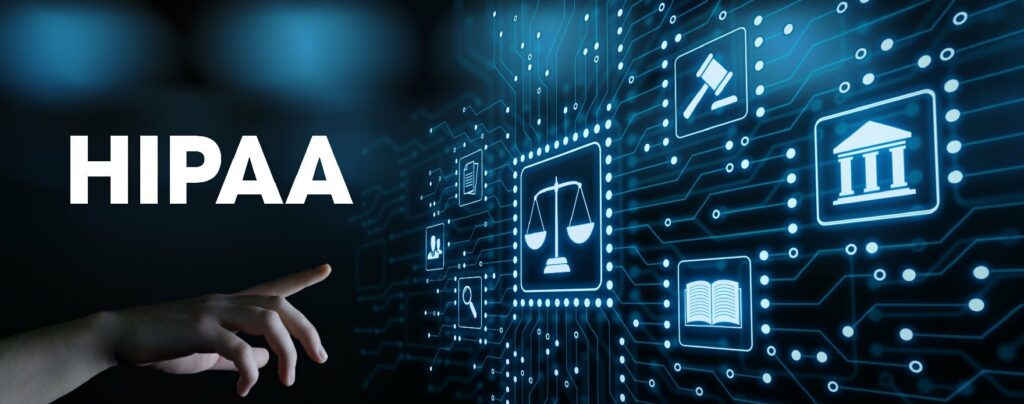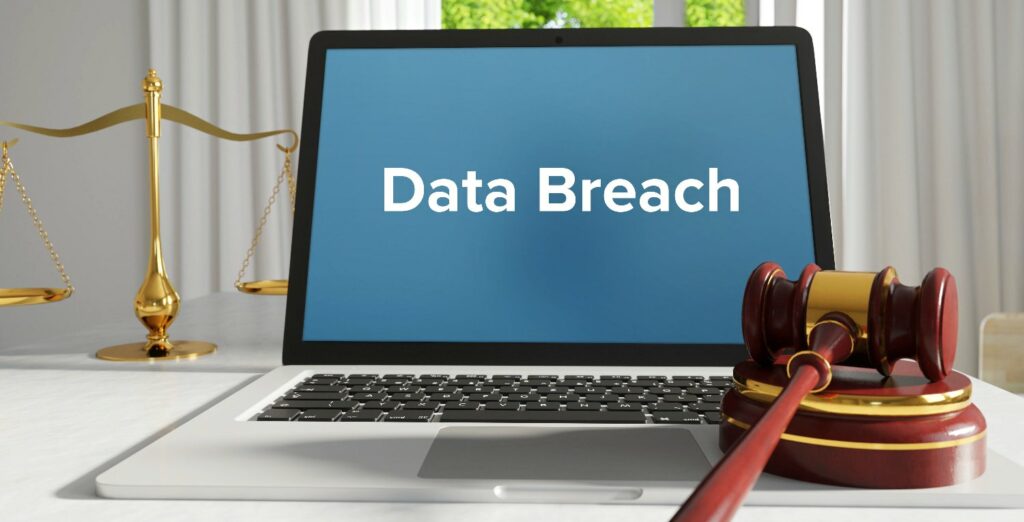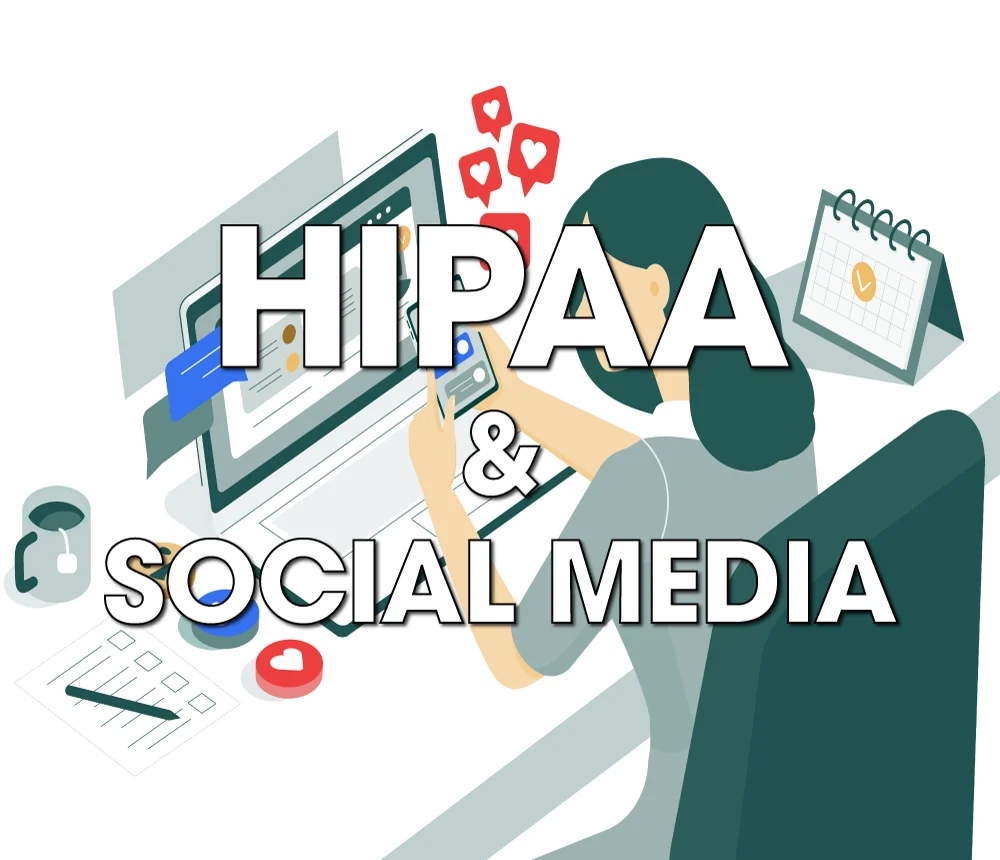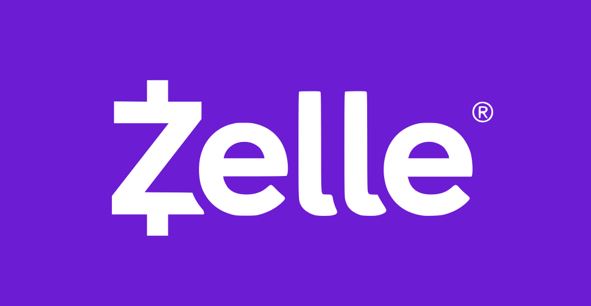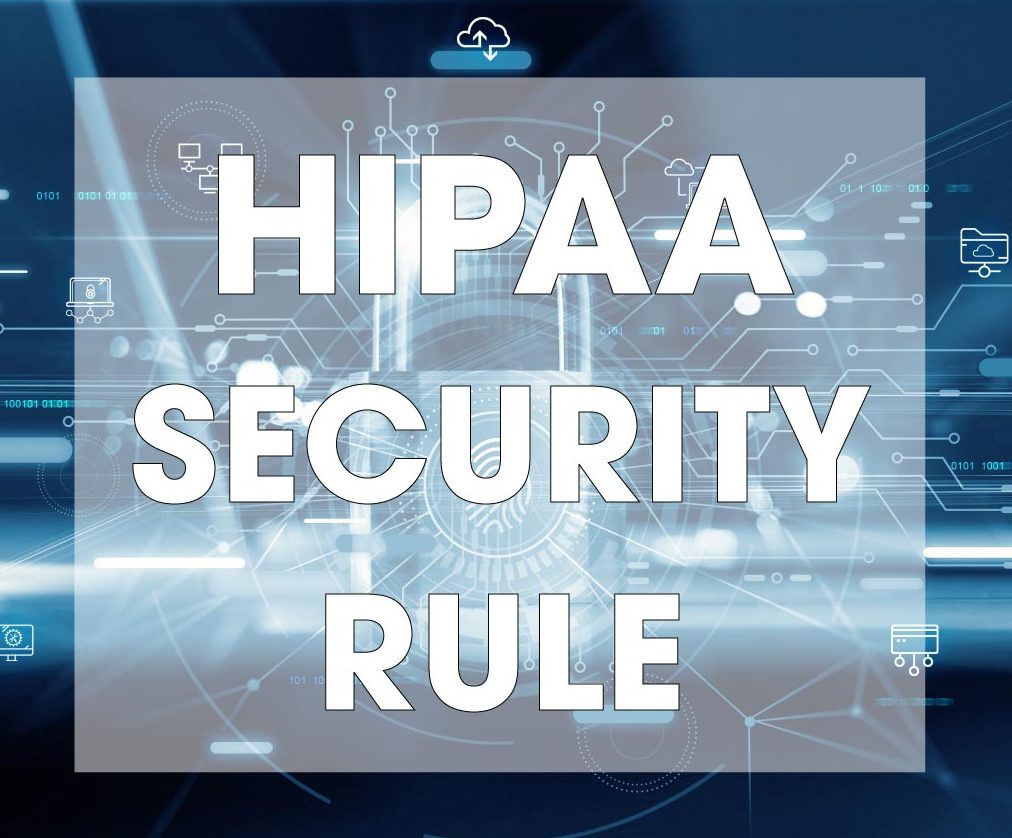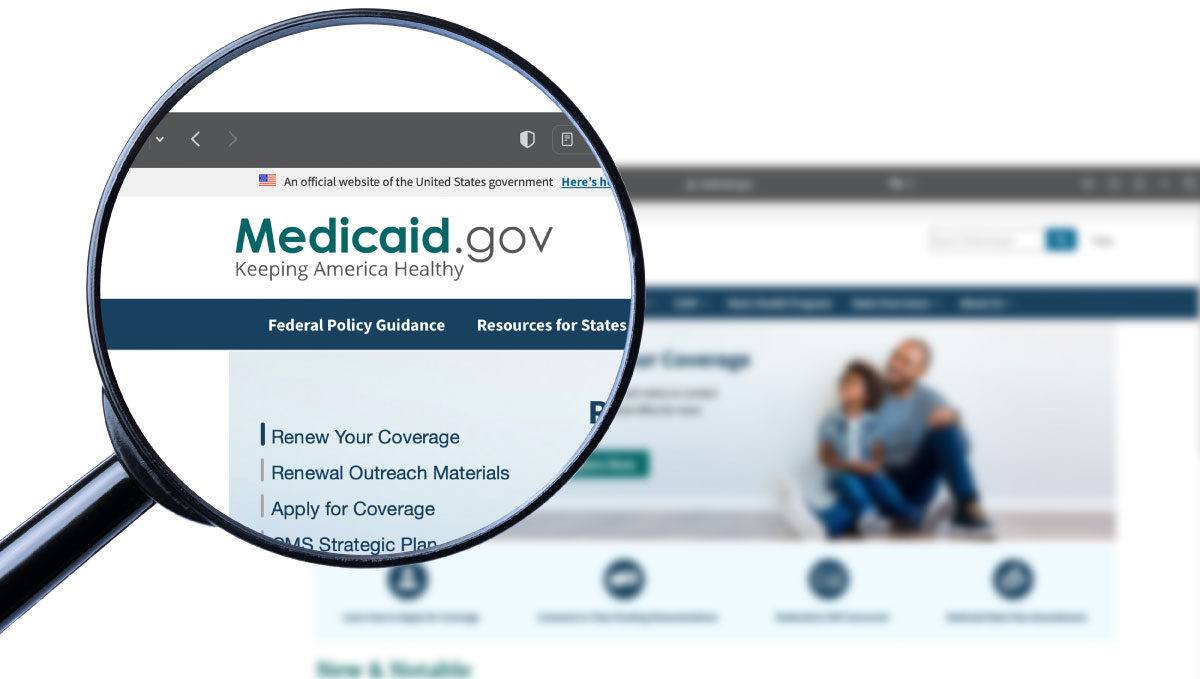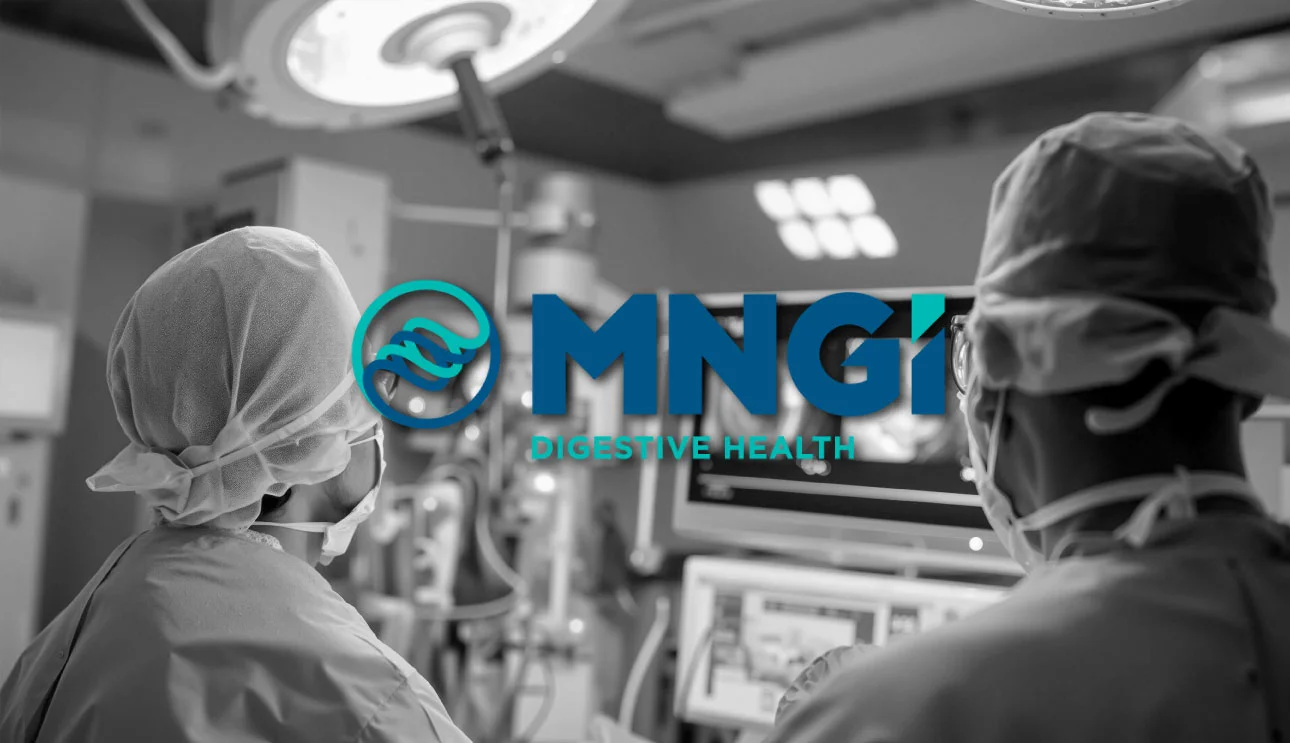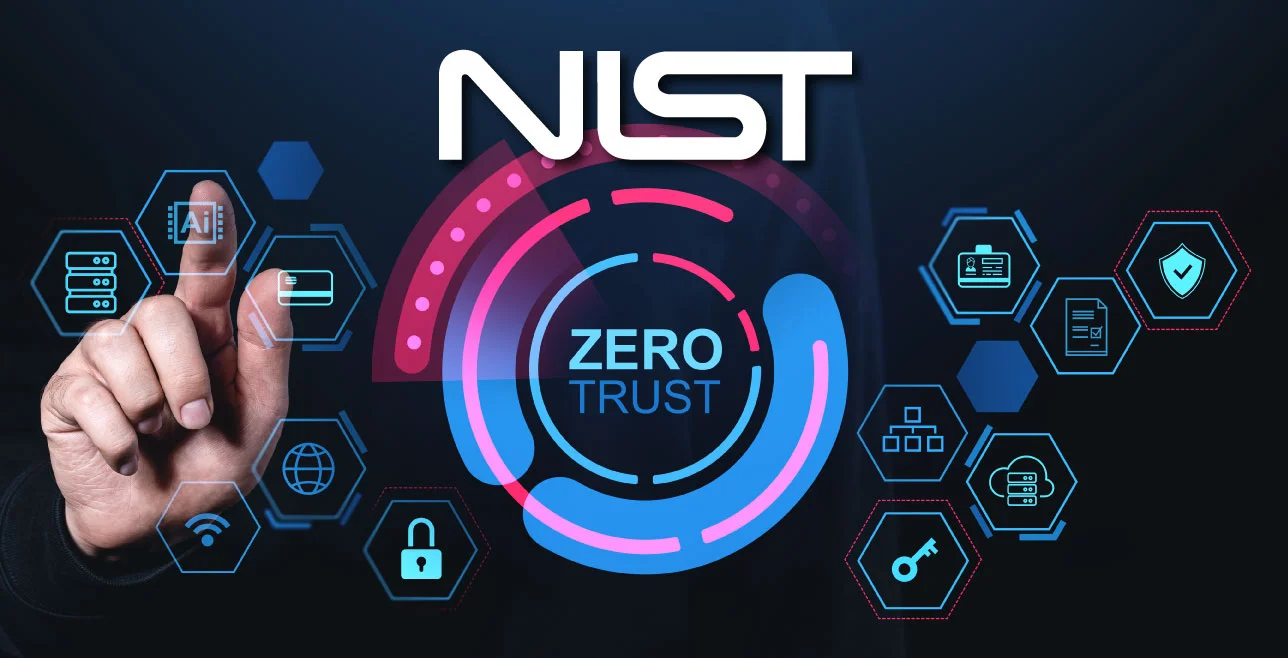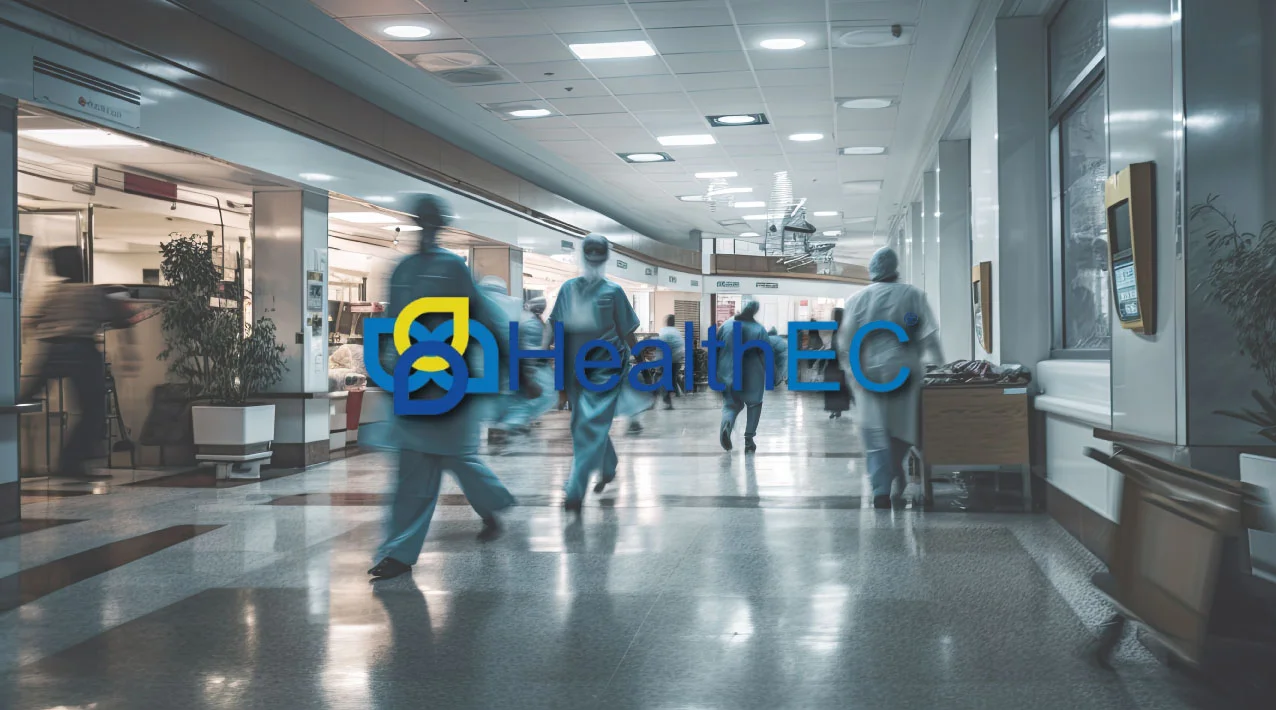Compliance and Regulations
Stay up-to-date of data protection regulations updates and industry compliance standards evolution. Learn about HIPAA, GDPR and data protection laws, compliance requirements specific to your industry, and stay up-to-date on legal developments affecting security practices. Stay inform on notable data breaches and security incidents related.
Settlement of Class Action Lawsuits by Gifted Healthcare and Presbyterian Healthcare Services
Settlement Offered to Settle Gifted Healthcare Data Breach Lawsuit Gifted Healthcare has offered to settle a class action lawsuit that claimed negligence for not implementing appropriate cybersecurity steps that resulted in a data breach. The … Read more
PHI Exposed in Tennessee Eye Clinic Network, Somerset Dental Las Vegas and Catholic Medical Center Cyberattacks
BianLian Threat Group Attacks Tennessee Eye Clinic Network Politzer and Durocher, PLC, also called Optometric Physicians of Middle Tennessee (OPMT), submitted a hacking incident report to the HHS Office for Civil Rights that impacted the … Read more
Orrick, Herrington & Sutcliffe Settles Lawsuit and Ernest Health’s Recent Lawsuit
Orrick, Herrington & Sutcliffe Pay $8 Million to Settle Class Action Data Breach Lawsuit The law agency Orrick, Herrington & Sutcliffe based in San Francisco, CA is paying $8 million to settle a class action … Read more
Planned Parenthood Los Angeles Settles Lawsuit and Children’s Healthcare of Atlanta Pixel-Related Lawsuit
Planned Parenthood Los Angeles Settles Class Action Data Breach Lawsuit for $6 Million Reproductive healthcare services provider Planned Parenthood Los Angeles located in Los Angeles County proposed a $6 million settlement to take care of … Read more
Social Media and HIPAA Compliance
The challenge with social media and HIPAA compliance is that covered entities and business associates cannot disclose Protected Health Information unless the disclosure is permitted by the Privacy Rule. This restriction should apply to members … Read more
How to Make Microsoft 365 HIPAA Compliant
The way to make Microsoft 365 HIPAA compliant so it can be used to create, receive, store, or transmit Protected Health Information is to subscribe to a plan that supports HIPAA compliance and configure each … Read more
How to Make Google Workspace HIPAA Compliant
The way to make Google Workspace HIPAA compliant is to subscribe to a Workspace Plan that supports HIPAA compliance, agree to the terms of Google’s Business Associate Addendum, and configure the core services included in … Read more
Credential Harvesting Prevention and Alert Against Volt Typhoon Threat
HHS Offers Guidance on Credential Harvesting Mitigations The Health Sector Cybersecurity Coordination Center (HC3) has given a healthcare and public health (HPH) sector advisory regarding credential harvesting, a frequent tactic employed in cyberattacks on the … Read more
Does Zelle Need to be HIPAA Compliant?
Zelle does not need to be HIPAA compliant before covered entities can use the fund transfer service to collect payments from patients and plan members because of an exemption in HIPAA for payment processors. However, … Read more
Is it Necessary for Ivy Pay to be HIPAA Compliant?
It is necessary for Ivy Pay to be HIPAA compliant if a healthcare provider who qualifies as a HIPAA covered or hybrid entity wants to use the payment processing software for functions that involve uses … Read more
Reports of Cyberattacks and Data Breaches by Valley Oaks Health, Sycamore Rehabilitation Services, Humana Inc., and Jewish Home Lifecare
50,000-Record Data Breach at Valley Oaks Health, Indiana Valley Oaks Health based in Niles, IL recently informed 50,352 persons concerning a breach of its system environment. Unauthorized persons acquired access to sections of its system … Read more
HIPAA Security Audit Requirements
The HIPAA security audit requirements are that covered entities and business associates conduct a thorough assessment of the potential risks and vulnerabilities to the confidentiality, integrity, and availability of PHI and implement security measures sufficient … Read more
Does PayPal Need to be HIPAA Compliant to Accept Payments for Healthcare?
PayPal does not need to be HIPAA compliant to accept payments for healthcare due to an exemption in HIPAA that applies to all banks and financial institutions for payment processing. However, banks and financial institutions … Read more
Email Account Breaches Reported by McKenzie County Healthcare System and Maryville Addiction Treatment Centers
Email Account Breach Reported by McKenzie County Healthcare System McKenzie County Healthcare System located in North Dakota has discovered unauthorized access to the email account of a staff member. The breach was discovered on or … Read more
Reported Data Breaches by Medical Management Resource Group, Prime Healthcare, AGC Flat Glass North America, and Aspen Dental
2.35M Patients Affected by Medical Management Resource Group Breach Medical Management Resource Group, LLC (MMRG), also called American Vision Partners, has confirmed in a breach notification letter sent to the HHS’ Office for Civil Rights … Read more
Data Brokers Should Be Held Responsible for Misusing Geolocation Information
U.S. Senator Ron Wyden (D-OR) wrote to the Securities and Exchange Commission (SEC) and the Federal Trade Commission (FTC) asking for action to secure people and investors from Near Intelligence Inc., a publicly owned data … Read more
U.S. Health Department Expands National Health Data Exchange with New QHINs
The Department of Health and Human Services (HHS), through its Office of the National Coordinator for Health Information Technology (ONC), recently announced the expansion of the Trusted Exchange Framework and Common Agreement (TEFCA) with two … Read more
Italian Data Protection Authority Accuses ChatGPT of violating GDPR
OpenAI’s ChatGPT Faces Data Protection Challenges in Italy. In a press release published on Monday January 29, the italian data protection authority, Garante, has taken a firm stance against OpenAI, the company behind ChatGPT, for potential … Read more
Cyberattack and Data Breaches at Anna Jaques Hospital, NYC Health + Hospitals, and Corewell Health Business Associate
Anna Jaques Hospital Cyberattack on Christmas Day Anna Jaques Hospital located in Newburyport, MA, encountered a cyberattack on Christmas Day that caused an interruption to its health record system. It was decided to redirect ambulances … Read more
MOVEit Hack Impacts Delta Dental of California and Pan-American Life Insurance Group
MOVEit Hack Impacts 7 Million People from Delta Dental of California Delta Dental of California reported that it suffered from a mass exploitation conducted by the Clop hacking group of a zero-day vulnerability identified in … Read more
New York Presbyterian Hospital Pays $300K Fine for Using Website Pixel
New York Presbyterian Hospital has decided to resolve alleged Health Insurance Portability and Accountability Act (HIPAA) Privacy Rule violations by paying the New York Attorney General a $300,000 financial penalty. NYP manages 10 hospitals around … Read more
Guidance on Managing Legacy Medical Devices and Advisory Against Rhysida Ransomware Attacks
FDA Releases Guidance on Managing Legacy Medical Device Cybersecurity Risks The U.S. Food and Drug Administration (FDA) has released a report that recommends how to handle the cybersecurity problems of legacy medical gadgets. Legacy medical … Read more
HIPAA Cases Against Doctors’ Management Services and Wright & Filippis Resolved
Doctors’ Management Services Resolves OCR HIPAA Case for $100,000 The HHS’ Office for Civil (OCR) has consented to resolve an investigation of a ransomware attack and data breach that revealed several potential HIPAA Security Rule … Read more
Data Breaches Reported by Fairfax Oral and Maxillofacial Surgery, Henwood Family Dentistry, Piedmont Healthcare and Surround Care
Fairfax Oral and Maxillofacial Surgery Ransomware Attack Impacts 236,000 Individuals Fairfax Oral and Maxillofacial Surgery based in Virginia has reported the potential compromise of the protected health information (PHI) of around 235,931 persons in a … Read more
Advisory on Snatch Ransomware and the Lazarus Group
Feds Release Snatch Ransomware Alert After an Attack on Hospital The U.S. Cybersecurity and Infrastructure Security Agency (CISA) and the Federal Bureau of Investigation (FBI) have released a joint security alert regarding Snatch ransomware. The … Read more
How does HIPAA compliance apply to healthcare administration firms?
Healthcare administration firms must adhere to HIPAA compliance, ensuring the confidentiality, integrity, and availability of PHI by implementing administrative, physical, and technical safeguards, thus mitigating risks of unauthorized access or disclosure and maintaining trust in … Read more
Health Care Service Corporation and Schneck Medical Center Face Lawsuit
HIPAA Lawsuit Against Schneck Medical Center Resolved Schneck Medical Center based in Seymour, IN has resolved a lawsuit with Attorney General Todd Rokita of Indiana, regarding a ransomware attack and data breach in 2021 that … Read more
How can a clinical research organization ensure HIPAA compliance?
To ensure Clinical Research Organization HIPAA compliance, a Clinical Research Organization must systematically safeguard PHI through robust encryption and access controls, provide regular training to employees on data privacy, implement stringent data security policies and … Read more
How does HIPAA compliance apply to population health management?
In the field of population health management, HIPAA compliance is an important as it mandates the safeguarding of patient data and confidentiality during the collection, analysis, and sharing of health information to improve community health … Read more
How can a health informatics company ensure HIPAA compliance?
A health informatics company can ensure HIPAA compliance by implementing rigorous data protection protocols, conducting regular training sessions for employees on safeguarding patient information, continuously monitoring and updating their systems to prevent breaches, and collaborating … Read more
How does HIPAA compliance apply to digital health interventions?
Digital health interventions HIPAA compliance is important because it ensures that digital platforms, applications, and tools involved in delivering healthcare services adhere to the stringent standards set by HIPAA to safeguard patient data and maintain … Read more
How can a personal care agency ensure HIPAA compliance?
A personal care agency can ensure HIPAA compliance by implementing rigorous data privacy and security measures, including training staff on the importance of protecting patient information, using encrypted communication and storage systems, conducting regular audits … Read more
Pros and Cons of HIPAA
HIPAA has the advantage of safeguarding individuals’ medical information, ensuring their privacy, and promoting standardized electronic transactions in the healthcare industry, while its drawbacks include administrative burdens, potential barriers to efficient healthcare communication, and the … Read more
How to Assess Your Compliance with HIPAA Security Requirements?
Assessing your compliance with HIPAA security requirements involves conducting a comprehensive risk analysis to identify potential vulnerabilities in electronic protected health information (ePHI) handling, implementing necessary security measures to address identified risks, training staff on … Read more
How Do HIPAA Security Requirements Influence Healthcare IT Policies?
HIPAA security requirements influence healthcare IT policies by mandating the safeguarding of protected health information through the implementation of administrative, physical, and technical safeguards, which leads to the adoption of measures such as regular risk … Read more
What are the Consequences of Non-Compliance with HIPAA Security Requirements?
The consequences of non-compliance with HIPAA security requirements can include substantial financial penalties, potential criminal charges with imprisonment, reputational damage to the organization, loss of patient trust, potential lawsuits, increased audit scrutiny, and the burden … Read more
How to Implement HIPAA Security Requirements in Your IT Infrastructure?
Implementing HIPAA security requirements in your IT infrastructure necessitates conducting a comprehensive risk analysis to identify vulnerabilities, adopting robust access controls, ensuring encrypted data storage and transmission, training staff on compliance measures, regularly auditing and … Read more
How Do HIPAA Security Requirements Affect Telehealth?
HIPAA security requirements profoundly impact telehealth by mandating safeguarding patient health information through encrypted communications, secure data storage, and strict access controls, ensuring the confidentiality of medical records during remote consultations and the integrity of … Read more
What is the Role of Encryption in HIPAA Security Requirements?
Encryption plays a major role in the HIPAA Security Requirements as it safeguards Protected Health Information (PHI) during storage and transmission, thus mitigating risks of unauthorized access or breaches and enabling healthcare entities to ensure … Read more
How to Train Your Staff on HIPAA Security Requirements?
To train your staff on HIPAA security requirements, initiate a program that includes onboarding training for new hires, regular refreshers, providing clear patient data handling protocols, education on security threats like phishing, and fostering an … Read more
VUMC and Norton Healthcare Face Class Action Lawsuit
Class Action Lawsuit Filed Against Norton Healthcare Over BlackCat Cyberattack Norton Healthcare based in Kentucky operates over 140 clinics and hospitals all across Kentucky and Southern Indiana. It is confronted with a class action lawsuit … Read more
How Do HIPAA Security Requirements Protect Patient Data?
HIPAA security requirements protect patient data by mandating a combination of administrative, physical, and technical safeguards, including risk assessments, access controls, encryption, regular audits, and personnel training, to ensure the confidentiality, integrity, and availability of … Read more
How to Ensure Your Practice Meets HIPAA Security Requirements?
Ensuring that your healthcare practice meets HIPAA security requirements is important, not just from a compliance perspective but also to uphold the trust and confidence of your patients. These requirements involve a combination of administrative, … Read more
What are the HIPAA Security Requirements for Healthcare Providers?
The Health Insurance Portability and Accountability Act (HIPAA) requires healthcare providers to implement administrative, physical, and technical safeguards. Which include conducting risk assessments, ensuring data integrity and confidentiality, controlling access to protected health information (PHI), … Read more
Approved Information Blocking Penalties and the Mission of OSHA
Approved Final Rule for Information Blocking Penalties of Up to $1 Million for Health IT Companies HHS-OIG already approved the civil monetary penalties for health IT companies that are found engaging in information blocking. Penalties … Read more
When must an individual be notified of a breach in their PHI?
Under the HIPAA Breach Notification Rule, covered entities must provide notification to affected individuals without unreasonable delay and in no case later than 60 days following the discovery of a breach of unsecured PHI. According … Read more
When did HIPAA go into effect?
The HIPAA law, enacted by the United States Congress to modernize the flow of healthcare information, ensure the security and privacy of patient data, and set guidelines for the handling of electronic protected health information, … Read more
When you discover that a breach in PHI security has occurred to whom should you report it?
When a breach in PHI security has been discovered, you should initially report it internally within your organization, typically to your supervisor or the designated privacy officer, and if the breach occurred at a business … Read more
Final Rule on Cyber Incident Disclosures and New Nevada Consumer Health Data Bill
SEC Postpones Final Rule on Cyber Incident Disclosures The Securities and Exchange Commission (SEC) was scheduled to release a final rule, mandating publicly traded companies to disclose important cyber breaches in their regulatory filings within … Read more
When should you promote HIPAA awareness?
HIPAA awareness should be promoted on an ongoing basis to ensure compliance and foster a culture of privacy and security within organizations that handle Protected Health Information (PHI). HIPAA awareness should be promoted during employee … Read more

